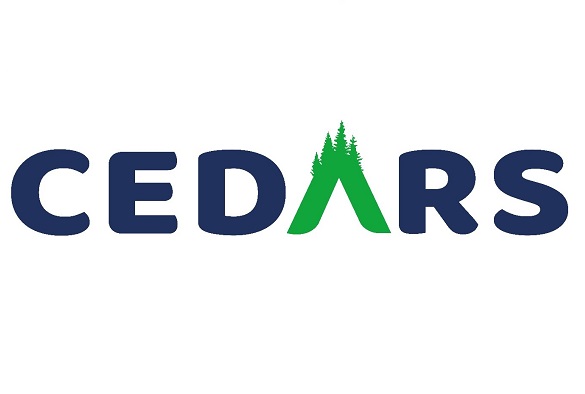
Research-active staff across varying career stages will shortly be invited to participate in a national survey seeking views about their experiences of being researchers in UK Higher Education.
The biennial Culture, Employment and Development in Academic Research Survey – (CEDARS)* gathers anonymous data about working conditions, research culture, career aspirations and career development opportunities for research staff and research leaders in higher education institutions across the UK.
Why engage with CEDARS?
CEDARS replaces what were previously known as the Careers in Research Online Survey (CROS) and the Principal Investigators and Research Leaders Survey (PIRLS). Following a pilot year in 2020, the new questions provide opportunities for researchers to share their experiences of research culture and the associated responsibilities of those who manage researchers. The single experience question set is more streamlined and shorter than past surveys.
Who should engage with CEDARS?
CEDARS is targeted at staff of all career levels who are active researchers, including teaching staff engaged in research and those staff who have formal research staff management or research supervision responsibilities. Postgraduate researchers are not included in the target respondents for CEDARS. Within CEDARS, managers of researchers self-identify. Much of the CEDARS question set is common to all respondents, with a short section asking about their experience of managing researchers.
What are the benefits to me if I participate?
CEDARS is based on a standard question set to allow for benchmarking with other institutions and longitudinal comparison. It also provides valuable data for measuring progress in implementation of the University’s Action Plan for the Concordat to Support the Career Development of Researchers. The surveys are also crucial to achieving and maintaining the University’s HR Excellence in Research Award which reflects Liverpool’s commitment in supporting researchers and improving working conditions and career development opportunities for research staff.
What are some examples of the impact from past survey results?
Examples of impact resulting from actions arising in relation to past survey results can be found in the University’s Concordat documentation. These include:
- An updated Statement of Expectations for Principal Investigators (PIs) and Research Staff which ensures a minimum of 10 days pro rata, per year, for researchers to engage with professional development opportunities.
- The University has been awarded £3.6M by Research England towards the innovative £4.4M Prosper Project which will tackle equality, diversity and inclusivity issues that usually present barriers to training for postdoctoral researchers.
- An active University-wide Research Staff Association which provides a forum for shared development, policy input and representation of research staff issues and concerns
- Establishment of the University’s flagship Making an Impact series of development activities focused around the Industrial Strategy priorities, supporting research staff to develop their multi-disciplinary research-impact related knowledge, skills, attributes and competencies.
The Academy, on behalf of the Concordat Steering Group, chaired by Professor Anthony Hollander, Pro-Vice-Chancellor for Research and Impact, is administering this survey.
Professor Anthony Hollander said: “CEDARS represents a valuable opportunity for research staff to share views about their experiences and viewpoints. The University of Liverpool endorses the principles of the Concordat, and this is exemplified by the many activities underway within the University which demonstrate our commitment to our researchers and their broader skills development. I hope that staff will take this opportunity to submit their responses to the survey to allow for robust reporting of progress and the creation of a benchmark for the revised Concordat, as well as data for our REF 2021 research environment statements.”
CEDARS at the University of Liverpool opens on Monday, 12 April to Wednesday, 5 May. Relevant staff will be emailed the survey link. Any queries about CEDARS should be directed to Saneeya.Qureshi@liverpool.ac.uk
Follow @LivResearcher and @LivUniAcademy for updates and information about research staff development opportunities.
*CEDARS is managed by Vitae, an international programme dedicated to supporting the professional and career development of researchers. http://www.vitae.ac.uk/cedars